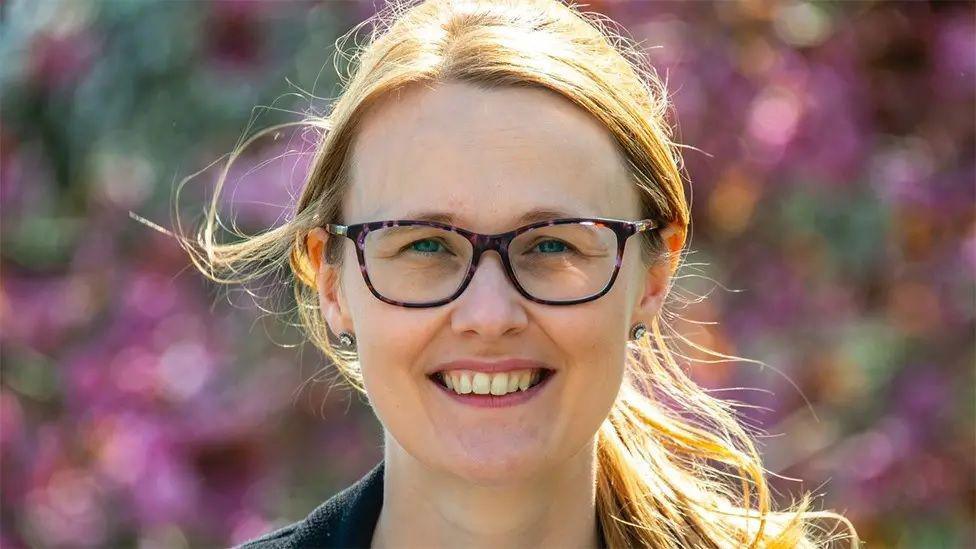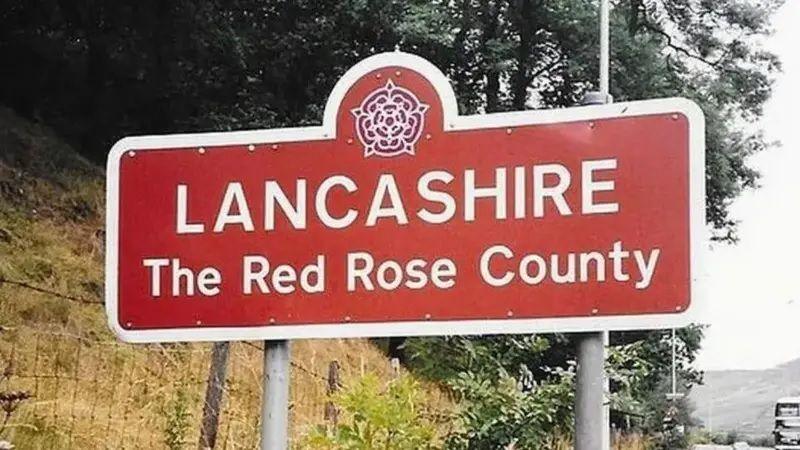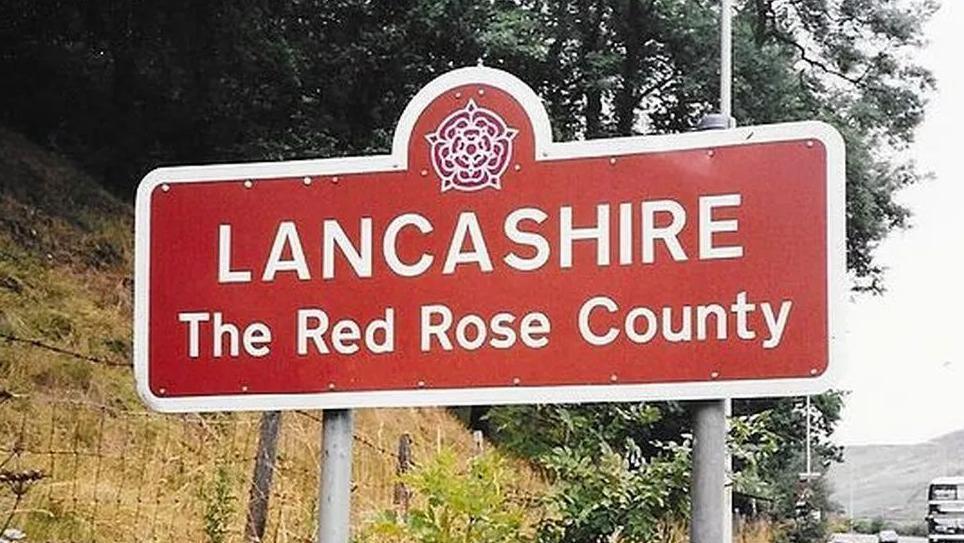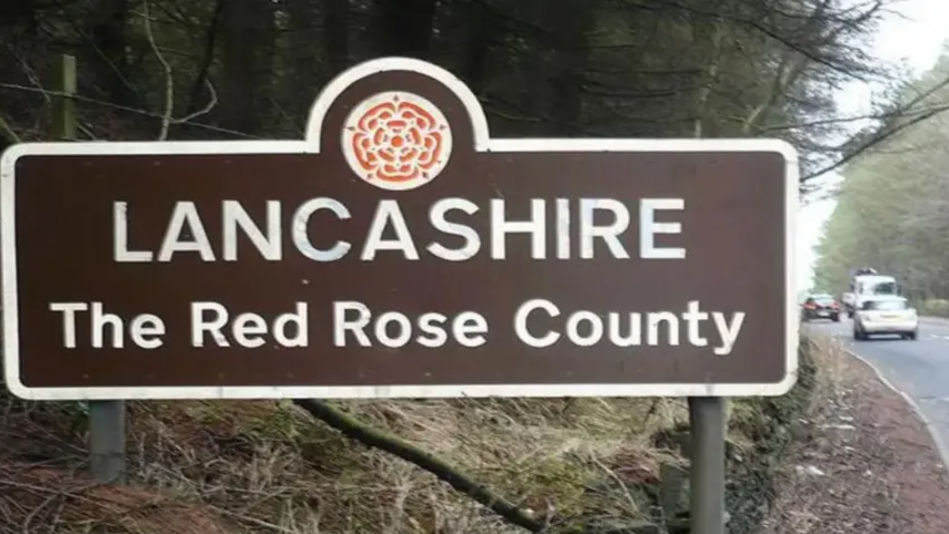Elected mayor system broken and bad for women - MP

Cat Smith said she did not want a 'broken' mayoral model imposed.
- Published
An MP fears female council leaders in Lancashire could see their power and influence lost if the county were to adopt a mayoral system.
Cat Smith, who represents Lancaster and Wyre for Labour, said moving to the model under devolution would "risk undoing" advances in women's political representation because mayors in England have predominantly been men.
About half of council leaders in Lancashire are women, along with six of the county's sixteen MPs.
But Jacky Alty, Labour leader of South Ribble Council said having a mayor in the county would give women "a new opportunity to get involved in politics".
A 'second-tier' devolution deal to create a new combined authority in Lancashire was struck by local leaders in September.
The deal does not include plans for a directly-elected mayor, though a group of Labour MPs including Burnley representative Oliver Ryan have argued for this.
Of England's 11 regions with elected majors, three have woman in charge. Tracey Brabin is mayor in West Yorkshire, Kim McGuinness in the North East, and Claire Ward in the East Midlands.
A group of county Labour MPs has also called for all 15 of Lancashire’s councils to be scrapped for a "simpler" form of local government.
Currently, Lancashire County Council, Blackburn with Darwen and Blackpool councils are unitary authorities, and there are 12 district councils.

Legislation allowing for a new Lancashire combined authority was laid in Parliament
Smith told a MPs during a debate in Parliament her party had made progress increasing women's representation in Westminster.
"We have more women MPs in Lancashire than ever, six out of sixteen, we risk undoing this progress by devolving power to men in our communities," she said.
Her concerns are shared by Caroline Jackson, the newly re-elected Green Party leader of Lancaster County Council.
"It would be a retrograde step to move power away from female politicians at a local level, given that being a councillor is something women can do as well as holding down a job and raising children," she said.
Phillippa Williamson, leader of Lancashire County Council, said it was important both local and central government "reflect the communities they represent".
She said women had exceptional leadership skills that "we are embracing across Lancashire, both through our female MPs and my fellow women council leaders".
Williamson said she was proud to lead the county council, and hoped she set an example "as a role model for other women and girls".
Cat Smith told the BBC she was open to reform of local government, but felt the "mayoral model is a broken model that we don’t want imposed on us".
- Published31 May 2024

- Published23 November 2024
